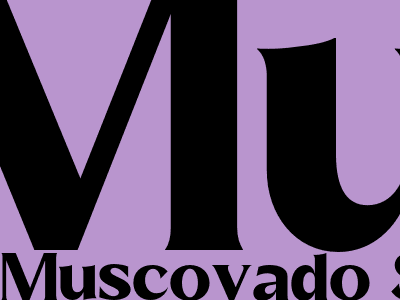Muscovado Sugar: A Comprehensive Guide to Its Origin, Production, and Culinary Uses
Delving into the Origins of Muscovado Sugar
Muscovado sugar, an unrefined sugar with a distinctive molasses flavor and coarse texture, traces its heritage back to the Caribbean, where it was first produced in the 17th century. Originally crafted in rudimentary mills powered by slaves, muscovado sugar was brought to Europe by traders and quickly gained popularity for its rich flavor and perceived health benefits.
The Unique Production Process of Muscovado Sugar
Unlike refined white sugar, muscovado sugar undergoes a minimal processing method, preserving its natural molasses content. This process involves harvesting sugarcane stalks and extracting their juice, which is then boiled to evaporate water. The resulting syrup is then crystallized and left to cool, forming the coarse sugar crystals characteristic of muscovado.
Unveiling the Nutritional Profile of Muscovado Sugar
Compared to refined sugar, muscovado sugar boasts a richer nutritional profile due to its unrefined nature. It contains trace amounts of minerals such as potassium, calcium, and iron, as well as antioxidants that may contribute to overall health.
Exploring the Diverse Culinary Uses of Muscovado Sugar
Muscovado sugar's unique flavor and texture make it a versatile ingredient in cooking and baking. Its distinct molasses notes complement desserts such as gingerbread, chocolate chip cookies, and banana bread, adding depth and complexity to sweet treats.
Baking with Muscovado Sugar: Achieving Richness and Depth
In baking applications, muscovado sugar acts as a natural sweetener while imparting a moist texture. The molasses content enhances the richness of baked goods, making it a preferred choice for dense cakes, dense breads, and cookies.
Muscovado Sugar as a Natural Sweetener in Beverages
Beyond baking, muscovado sugar serves as a natural sweetener for beverages. Its molasses flavor lends a deep sweetness to coffee, tea, and cocktails, creating a complex flavor profile that elevates the drinking experience.
Conclusion: Muscovado Sugar—A Culinary Treasure with Historical Depth
Muscovado sugar, with its distinct flavor, minimal processing, and historical significance, stands as a culinary treasure. Its versatility in both baking and beverages makes it a valuable ingredient for home cooks and professional chefs alike. Whether enjoyed for its unique flavor or as a nod to its historical origins, muscovado sugar continues to captivate taste buds worldwide.

Komentar